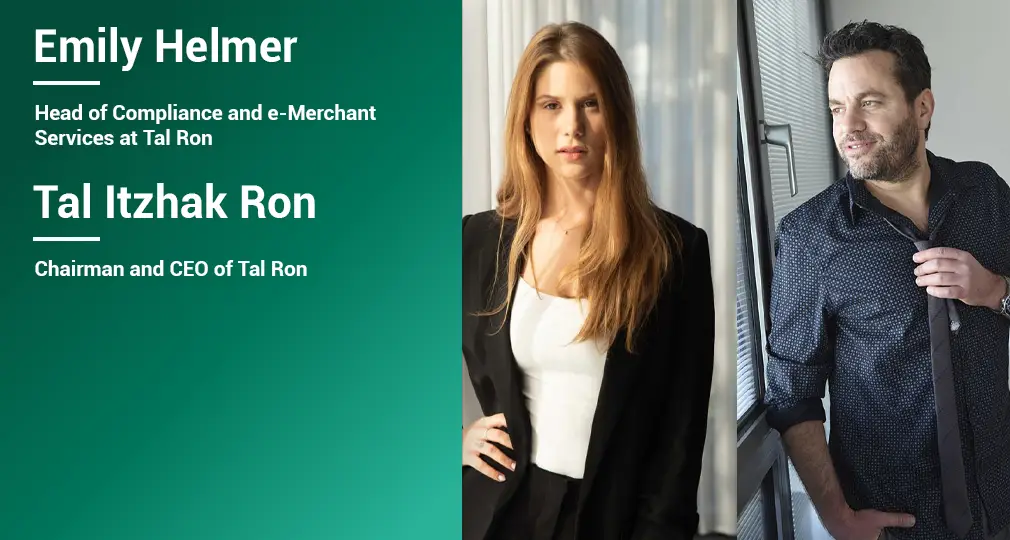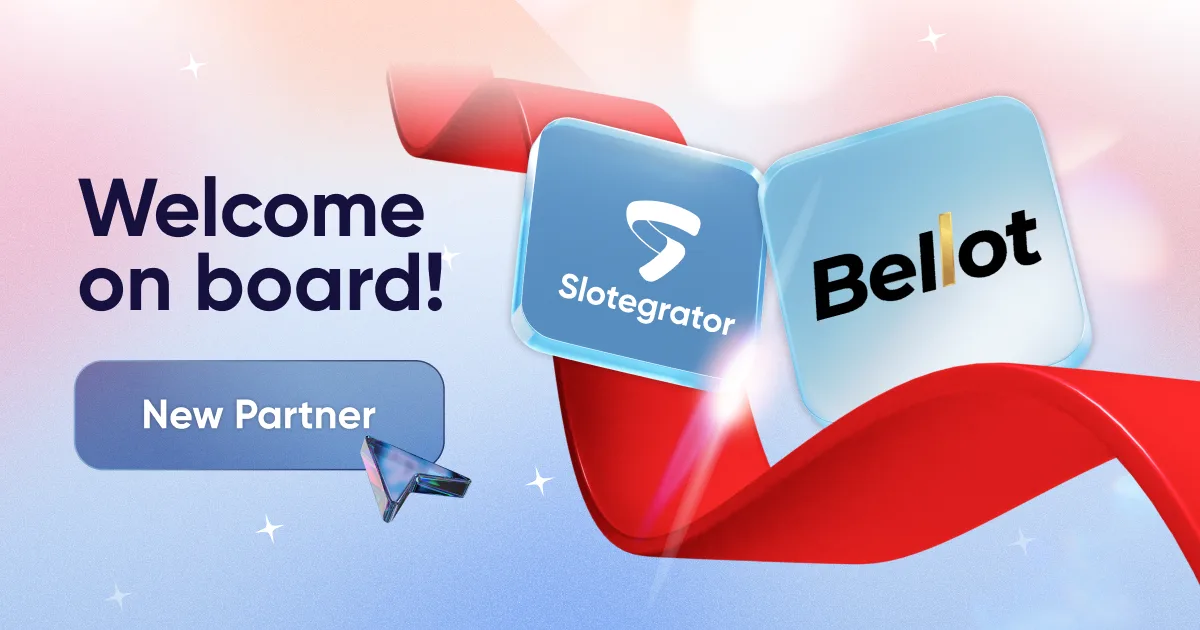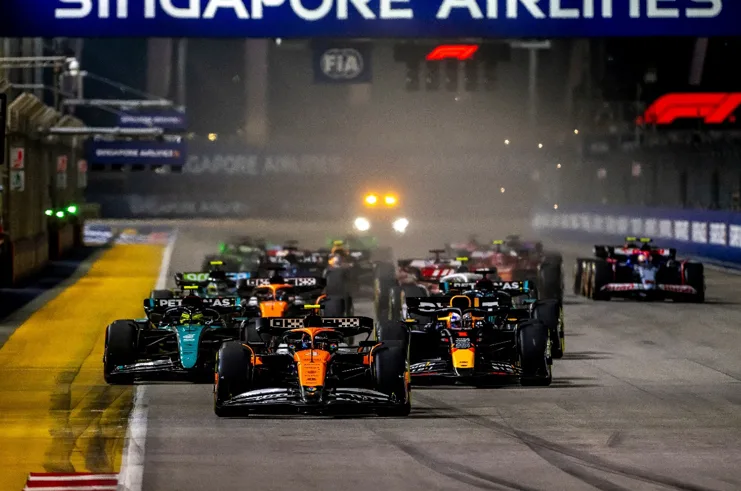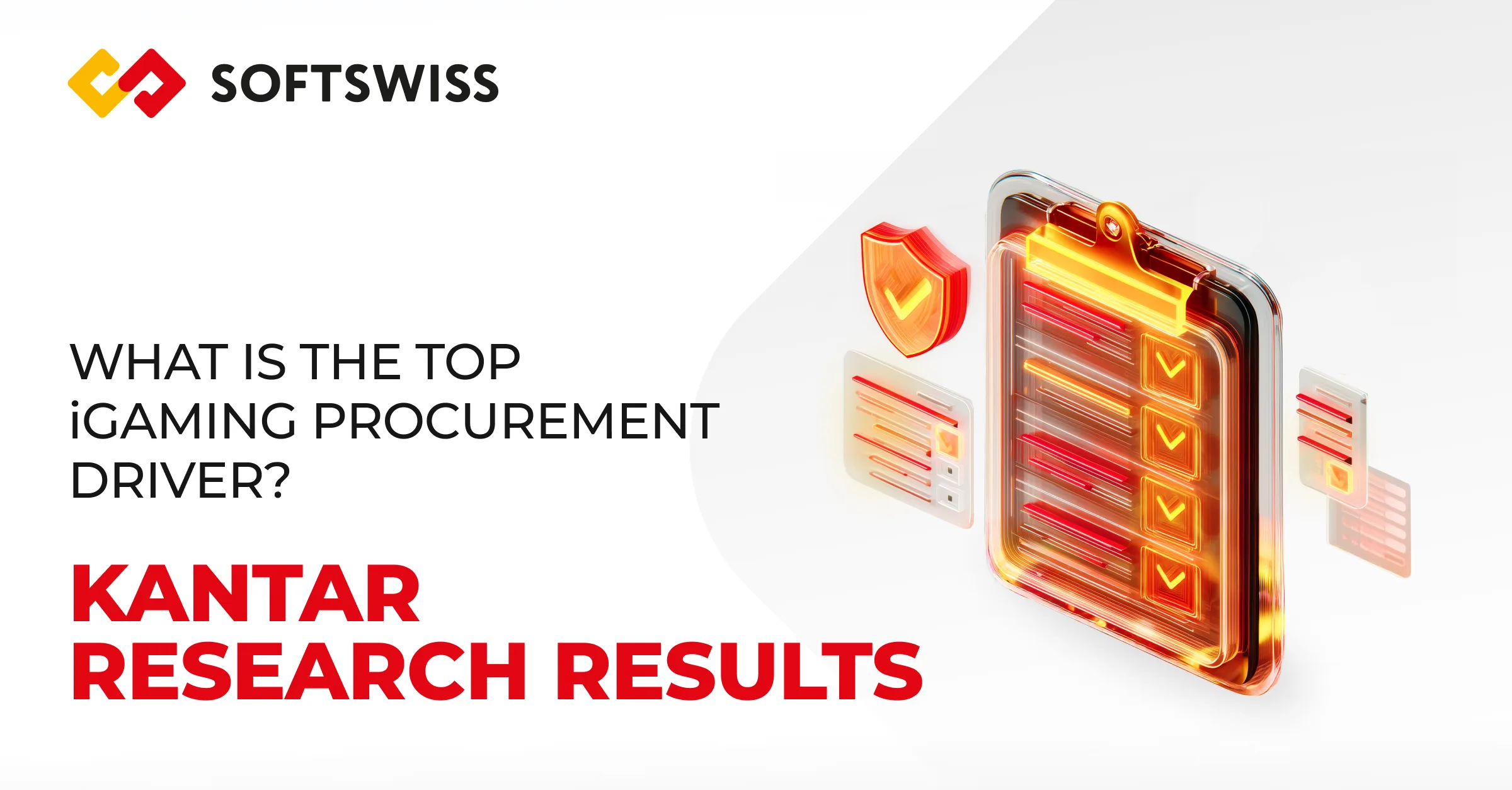The topic of a multi-licensing approach to the gambling industry is much discussed in gambling news. The experts from Tal Ron, Drihem and Co. Law Firm, Tal Itzhak Ron, the Chairman and CEO, and Emily Helmer, Head of Compliance and e-Merchant Services, provided valuable information about the multiple licensing, including its key advantages, as well as explained the importance of compliance.
We met Tal Itzhak Ron along with Emily Helmer this week in Kyiv before their travel to Dubai to answer some questions.
Dear Tal and Emily, could you tell us about some common issues in the online gaming industry that are very critical for a successful operation?
Emily: There are two main issues we see with most of our clients in the gaming industry, as well as in the financial industry compliance, and banking.
These issues usually go hand in hand. When starting an operation, one of the most important things is staying compliant with regulation. Having a strong compliance team can and will improve your ability to accept payments and run a smooth operation.
EMIs (electronic money institutions) and other PSPs (payment service providers) are key to accepting funds in the online world and can make or break an operation. In order to onboard and create custom and tailor-made solutions for your business, it is mandatory to work according to your own specific license and have everything set up properly. It’s so important to consult with law firms that deal only with gaming and tech because this could be your advantage in the market.
What is your opinion on a multi-license approach? How can having more than one license make the above matters easier?
Tal: Having multiple licenses is clever, handy, and helpful in several ways. First, certain jurisdictions allow for certain and limited targeting of clients. When creating a fruitful operation for the long run, restriction by certain markets is a “glass ceiling” above the companies’ potential income. Therefore, it is highly recommended in these industries to anchor yourself early on by having multiple licenses – e.g. MGA, Alderney, and UKGC.
Second, this offers flexibility in the payments sector. EMIs and PSPs are prone to strict regulation. At the firm, we work with great business partners that offer tailored solutions to our clients, and the offers are far more sustainable when not depending on a single license – as some EMIs and banks prefer companies to be incorporated/licensed in a certain jurisdiction than another.
New protocol and regulation on payments are issued on a near to regular basis and having more than one license will put your operation on the upper hand while dealing with these. This may sound like more of a safety precaution; however, we are speaking generally about high-risk industries. Regulation in the past years has gotten tighter and tighter, as well as incidents of blocked funds by PSPs with or without justified reasons. This is very important to fight by legal means when the reason is not justified by proper evidence. It is very important to read the contracts signed with PSPs properly and negotiate some of the important provisions.
Then why is compliance so important?
Emily: As Tal said earlier, we are dealing with high-risk industries, in the online space. There is an extreme need for ongoing compliance and supervision.
KYC is key for transactions over a certain threshold. Anti-money laundering procedures should be in place to identify the source of funds that are used. Moreover, regulators are not afraid to impose sanctions on operations that do not comply with these. Seeing compliance as an advantage in the industry (not only a challenge) is a way to work clean and organized, all while showing social responsibility.
Read more: Best Gambling Payment Providers












